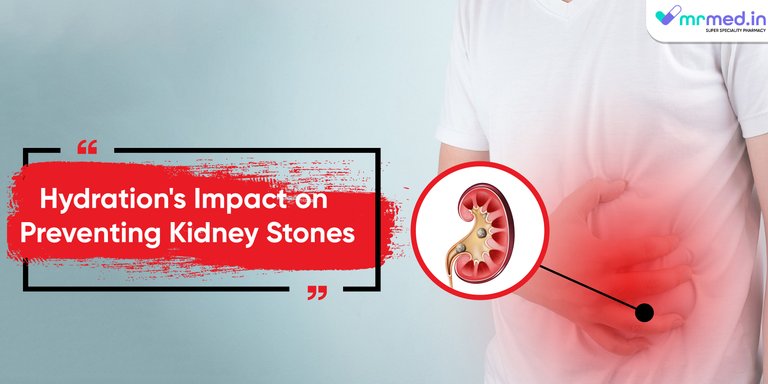Kidney stones are a common and painful condition that affects many individuals. Proper hydration plays a critical role in preventing the formation of kidney stones. This article explores the importance of hydration, the role of dietary choices, and how medications like Kestead XT Tablet can support kidney health.
What Are Kidney Stones?
Kidney stones are hard deposits of minerals and salts that form inside the kidneys. If they obstruct the urinary tract, they can cause severe pain and complications. Types of kidney stones include calcium oxalate, uric acid, struvite, and cystine stones.
What Is The Role of Hydration in Preventing Kidney Stones?
Importance of Hydration
Staying well-hydrated is one of the most effective ways to prevent kidney stones. Adequate fluid intake helps dilute the substances in urine that lead to stone formation. When urine is less concentrated, it reduces the likelihood of crystals forming and growing into stones.
| Fluid Intake | Impact on Kidney Stones |
|---|---|
| High (8-10 glasses/day) | Reduces the concentration of minerals in urine, preventing stone formation |
| Fluid Intake | Impact on Kidney Stones |
|---|---|
| Moderate (5-7 glasses/day) | It may help, but not as effective as a higher intake |
| Fluid Intake | Impact on Kidney Stones |
|---|---|
| Low (<4 glasses/day) | Increases risk of concentrated urine and stone formation |
How Much Water Should You Drink?
The recommended daily water intake for preventing kidney stones varies but generally falls around 8-10 glasses (2-2.5 litres) per day. However, individuals with a history of kidney stones or certain medical conditions may require more.
Dietary Considerations
Certain foods can increase the risk of kidney stone formation. High-oxalate foods like spinach, beets, and nuts should be consumed in moderation. Reducing sodium intake is also crucial, as high sodium levels can lead to higher calcium levels in the urine.
| Food Type | Examples | Effect on Kidney Stones |
|---|---|---|
| High-oxalate | Spinach, nuts, beets | Can increase oxalate levels in urine |
| High-sodium | Processed foods, snacks | Can increase calcium in urine |
|---|---|---|
| Animal protein | Red meat, poultry | Can increase uric acid levels |
Incorporating certain foods into your diet can help prevent kidney stones. Citrate-rich foods like lemons and oranges can inhibit stone formation. High-fiber foods and calcium-rich foods (in moderate amounts) are also beneficial.
Medication Support
In addition to dietary changes, medications like Kestead XT Tablet can help manage kidney stone formation. These medications often contain ingredients that prevent stone formation or help break down existing stones.
Medications for kidney stones can work in various ways. Some increase the solubility of minerals in urine, others reduce the amount of stone-forming substances, and some help break down existing stones to make them easier to pass.
Additional Prevention Strategies
Physical activity can help prevent kidney stones by maintaining a healthy body weight and reducing the risk of metabolic conditions that can lead to stone formation.
Avoiding Excessive Vitamins and Supplements
Certain vitamins and supplements, especially those with high doses of vitamin C or D, can increase the risk of kidney stones. Always consult a healthcare provider before starting any new supplement regimen.
Monitoring and Medical Consultation
Regular medical check-ups can help monitor kidney health and detect any early signs of stone formation. Urine tests, blood tests, and imaging studies like ultrasounds can provide valuable information.
If you have a history of kidney stones or are at high risk, consult a healthcare provider. They can provide personalised recommendations, adjust medications, and suggest specific dietary changes to prevent stones.